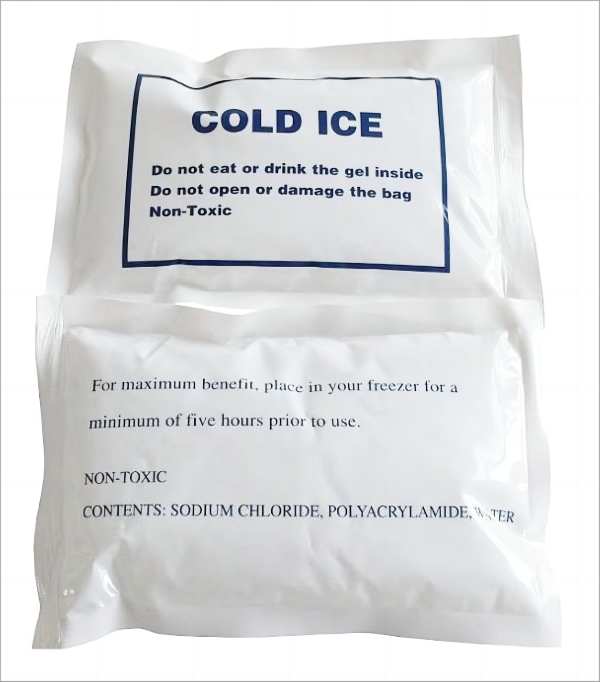Gelsap polymer, also known as solution copolymerization, is a versatile material with a wide range of applications in various industries. It is a type of polymer produced by the copolymerization of two or more monomers in a solution. This process allows for the creation of polymers with unique properties that cannot be achieved through other methods.

Properties of Gelsap Polymer
Gelsap polymer exhibits several desirable properties that make it suitable for a variety of applications. One of its key characteristics is its versatility in terms of chemical composition. By adjusting the monomers used in the copolymerization process, manufacturers can tailor the properties of the resulting polymer to meet specific requirements.
Another important property of Gelsap polymer is its high molecular weight. This gives it excellent mechanical strength and durability, making it suitable for applications that require long-lasting and robust materials. Additionally, Gelsap polymer has good thermal stability, meaning it can withstand high temperatures without degrading or losing its properties.
Furthermore, Gelsap polymer is known for its excellent solvent resistance. It can resist the effects of various chemicals, making it ideal for applications where exposure to solvents is common. This property also contributes to its long lifespan and reliability in demanding environments.
Applications of Gelsap Polymer
The unique properties of Gelsap polymer make it suitable for a wide range of applications across different industries. Here are some common uses:
1. Coatings and Adhesives
Gelsap polymer is widely used in the production of coatings and adhesives. Its high molecular weight and solvent resistance make it an excellent choice for creating durable coatings that can withstand harsh environments. It also provides strong adhesion, allowing it to bond different materials together effectively.
2. Textiles
Another significant application of Gelsap polymer is in the textile industry. It is often used as a sizing agent, which helps improve the strength and stability of fabrics. Additionally, Gelsap polymer can enhance the dyeability of textiles, resulting in vibrant and long-lasting colors.
3. Packaging
Gelsap polymer is commonly used in packaging materials due to its excellent barrier properties. It can prevent the transmission of moisture, gases, and odors, ensuring the quality and freshness of packaged goods. Its high strength also makes it suitable for packaging applications that require durability and resistance to tearing.
4. Personal Care Products
Gelsap polymer is found in various personal care products such as lotions, creams, and hair care products. It helps improve the texture and stability of these products, allowing for better spreadability and longer shelf life. Additionally, Gelsap polymer can provide enhanced moisturization and film-forming properties.
Conclusion
Gelsap polymer is a versatile material with a wide range of applications. Its unique properties, including chemical versatility, high molecular weight, thermal stability, and solvent resistance, make it suitable for various industries. Whether it’s in coatings and adhesives, textiles, packaging, or personal care products, Gelsap polymer plays a crucial role in enhancing performance and durability. As technology and innovation continue to evolve, we can expect to see even more applications for this remarkable material.

